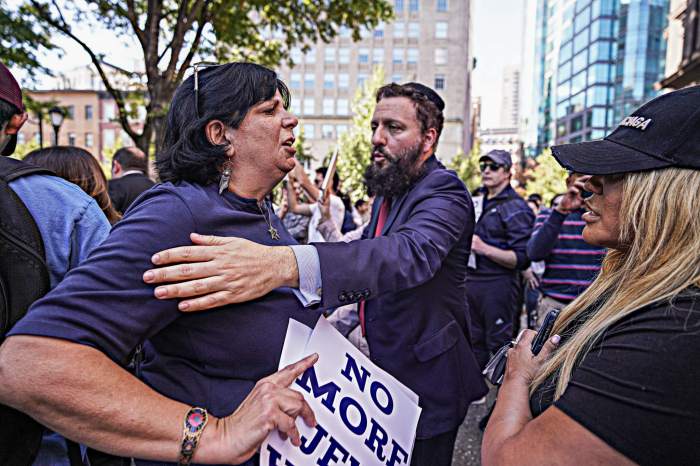President Donald Trump’s refusal to cooperate with any congressional investigations is troubling. So, too, is his administration’s attempt to add a citizenship question to the 2020 census.
On Wednesday, those two policies collided. Trump invoked executive privilege to stop the House Oversight and Reform Committee from getting documents it had subpoenaed about the origins of Commerce Secretary Wilbur Ross’ decision to add the citizenship question. In response, the Oversight Committee voted to hold two administration officials in contempt.
All this is happening as the Supreme Court is poised to rule on whether it’s lawful to add the question.
Trump’s claim of privilege should be seen for what it is — part of Attorney General William Barr’s misguided effort to increase the power of the presidency. Practically, Trump’s vow to block all congressional subpoenas undermines the merit of each specific refusal.
Citizenship query would hurt data
There is ample reason for Congress to probe why the administration added the citizenship question. The census, a national count of who’s here, is mandated in Article 1 of the Constitution. The data collected are used to apportion seats in the House of Representatives and in formulas that allocate more than $800 billion in federal funding for health care, housing, education and the like. The census must produce an accurate count of all residents.
Former and current census officials as well as academic studies have concluded that in the anti-immigrant climate fostered by Trump, adding a citizenship question would drive down responses. That would produce an undercount of as many as 6.5 million people, rendering the data unreliable. It also could cost New York billions of dollars in federal funding — and a seat in the House of Representatives.
A citizenship question was last asked of all U.S. residents in the 1950 census. Now such a question, although one with different wording, appears in the annual American Community Survey which is sent to 3.5 million households and serves as the primary official source for counting citizens. Ross added the question to the 10-year census at the request of the White House and then began looking for a reason to justify it when the blowback started. Ross testified to Congress that it was needed to enforce the Voting Rights Act. But citizenship data are in the American Community Survey.
Court should look at new evidence
The Supreme Court got involved after three federal judges in different parts of the country barred the Trump administration from adding the question to the 2020 census. The court is on the clock: Census forms typically must be printed in the summer to be ready for distribution in April. And new evidence has surfaced showing that a Republican expert on gerrymandering lobbied the administration to add the question because doing so would reduce minority responses and allow the GOP-controlled state legislatures to draw even more partisan district lines.
If true, this revelation obliterates the administration’s case. The Supreme Court must find a way to evaluate this new evidence before making its ruling.
Trump’s claim of executive privilege to hide Ross’ trail in this case cannot stand. Nor can the citizenship question on the 2020 census.

















